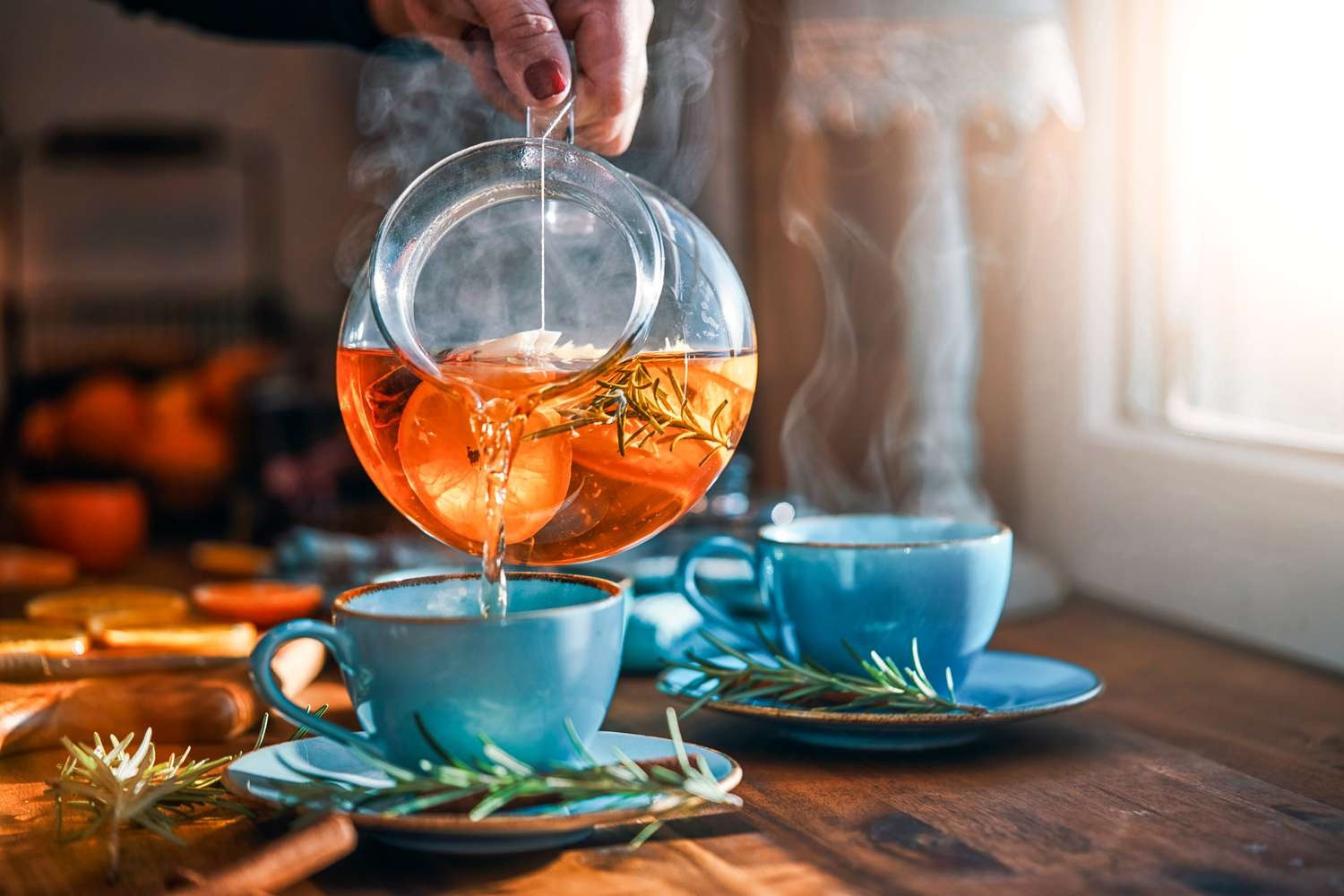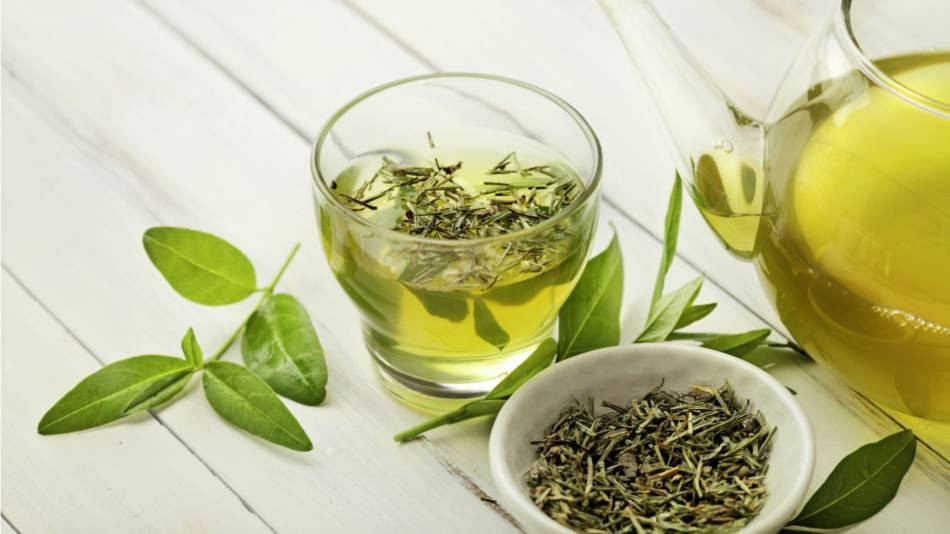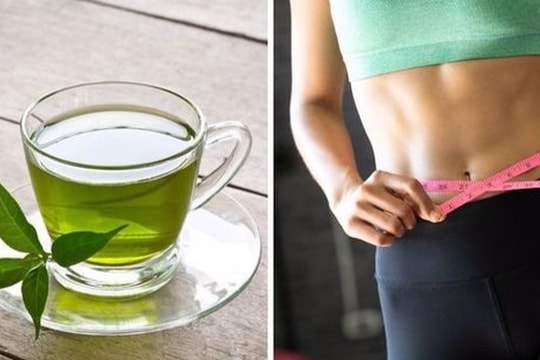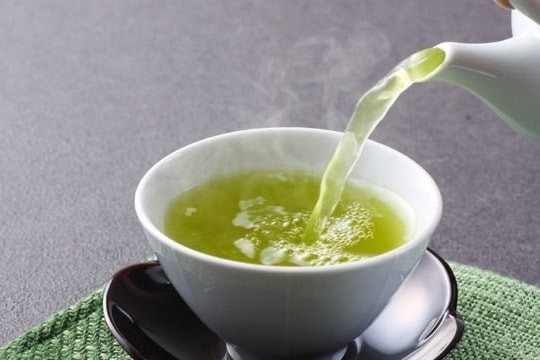How does your body change when you drink tea every day?
Tea is the longevity drink loved by the world's longest-lived people. So how does it actually extend life, protect against cancer and reduce the risk of heart disease?
Why is tea the drink of longevity?
With over 1,500 varieties, tea is a relaxing, soothing beverage with medicinal properties. In blue zones, tea is consumed regularly and is considered healthier than water.
Green tea helps boost the immune system to fight disease and promote a long, healthy life. Tea leaves contain powerful antioxidants called polyphenols that help prevent cancer, heart disease, osteoporosis, and other chronic problems.
Polyphenols are commonly found in large amounts in fruits, vegetables, grains, coffee, and wine. The specific polyphenols in tea, called catechins or EGCG, are more powerful than polyphenols found anywhere else in nature.

Tea is considered a longevity drink. Photo: Getty Images
How does tea prevent cancer?
According toBlue ZonesCancer cells have special properties that allow them to live longer than normal, healthy cells. When normal cells die, cancer cells tend to grow and spread throughout the body.
Many studies have demonstrated the effects of green tea on cancer cells. It has been shown to slow the growth of lung cancer cells and breast tumors. A meta-analysis found that women who regularly drank green tea had a lower risk of breast cancer.
In a prostate, lung, colorectal, and ovarian screening trial involving more than 100,000 people, researchers found that those who consumed green tea had a lower risk of all cancers.
However, some studies have shown that tea has little effect on cancer, so more research is needed on this link. So even if people are still not convinced that drinking tea can prevent cancer, there are still many other health benefits that you can get from drinking tea.
Can tea protect us from heart disease and high blood pressure?
In Japan, green tea is one of the most popular beverages. In a study of 40,000 Japanese people, regular tea drinkers had a significantly lower risk of heart disease. Studies showed a 30% lower risk in women and a more than 20% lower risk in men.
Stroke mortality was even lower in this Japanese population, with a reduction of more than 60% in women and more than 40% in men. Catechins work to block the production of free radicals in arteries and tissues, preventing blood clots from forming.
Drinking green tea for a year reduced high blood pressure by 45% in people who drank two and a half cups a day. For those who drank more than two and a half cups, high blood pressure dropped by 65%. In fact, the Journal of the American College of Nutrition concluded that tea, especially green tea and EGCG, has benefits for heart health and metabolism.
Can tea protect us from death from all causes?

Drinking green tea is good for the liver. Illustration: Consumerlab
The study, which took place in Japan, also looked at deaths from all causes among regular green tea drinkers. Researchers concluded that Japanese adults aged 40 to 79 had a reduced risk of death from all causes if they consumed five or more cups of green tea per day.
This is significant, with women having a 23% lower risk of death from all causes and men having a 12% lower risk.
Does tea help you relax?
Tea also reduces stress by increasing relaxation and focus. The amino acid, L-theanine, counteracts any caffeine in tea and the stimulation that can come with it. Tea is the only way you can add this substance to your diet without taking a supplement.
Amino acids increase brain activity to achieve a state of relaxed concentration. The highest concentrations of L-theanine are found in green and white teas. It has been shown to help lower bad cholesterol, fight fat accumulation in the body, inhibit viral illnesses such as colds and flu, and reduce plaque buildup on teeth.
Tea drinking habits of people in the green region of Ikaria (Greece)
Ikarians show virtually no signs of dementia or many other chronic diseases. Family values, long traditions, and a love of herbal teas, among other factors, allow a third of Ikarians to live to at least 90 years old.
They drink strong red wine, stay up late, sleep in, and know how to relax. They are active outdoors and in their gardens. They live like mountain people and eat a healthy Mediterranean diet.
In addition to a diet rich in beans, green vegetables, olive oil, lemons and potatoes, they also regularly brew tea from natural herbs.
When Dan Buettner of Ikaria studied the diets of the longest-lived, healthiest people, he sent samples of herbal teas here for lab testing. They found that they all had antioxidant properties in addition to acting as mild diuretics.
So not only are they packed with powerful antioxidants, they can also help flush waste products out of the body and lower blood pressure slightly.
Herbalist Phung Tuan Giang, President of the Vietnam Institute for Research and Development of Traditional Medicine, added that green tea comes from the tea plant (camellia sinensis), which is the leaves that have not been fermented, helping them retain a high content of antioxidants.
According to research, green tea is considered one of the top health drinks. Regular consumption of this tea can reduce the risk of heart disease or Alzheimer's disease, help us maintain better bone mineral density, avoid eye diseases that affect vision in old age, prevent stroke, fight cancer, fight metabolic disorders and prolong life.
Antioxidants and other beneficial compounds found in green tea include flavonoids and catechins such as EGCG, quercetin, linoleic acid, theobromine, and theophylline.
“While green tea may be very beneficial, drinking green tea alone will not improve longevity or protect us from disease. Research shows that it is a combination of lifestyle factors that confer health benefits to tea drinkers.
Overall, studies have found many health benefits of green tea, especially as it relates to anti-aging. However, the bottom line is that the quality of our overall diet is really what matters most,” Dr. Giang emphasized./.




